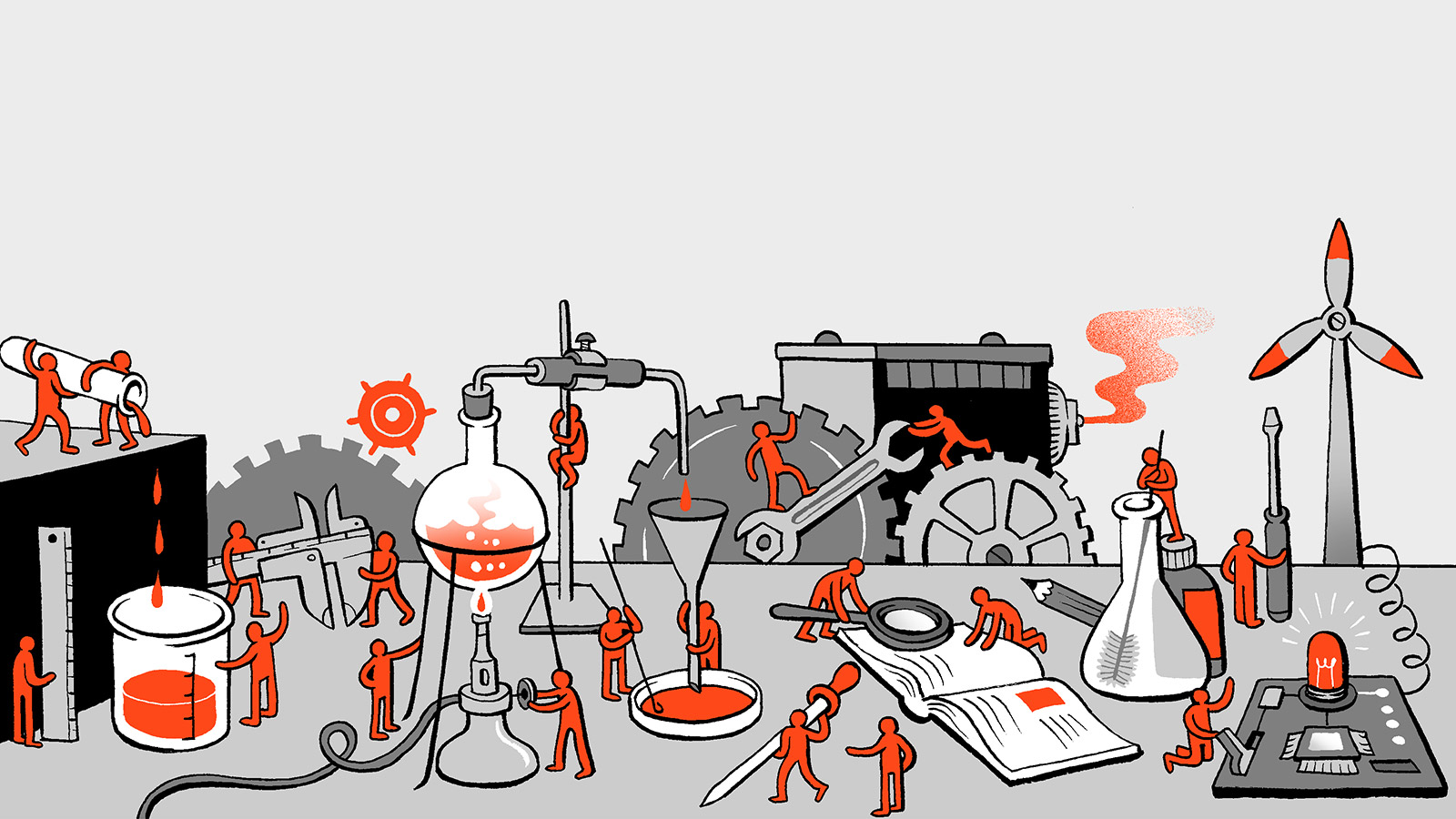The New Haven Occupational Health and Safety Project is a collective of professionals and students who have been working around issues of workers’ health in southern Connecticut since 1972. In this article we have discussed our approach, stressing one role highly skilled people can play in the fight for worker control...
Author - SftP Publishing
This is an adaptation of an article which originally appeared in Mountain Life and Work—a publication of the Council of the Southern Mountains. It was expanded and modified for use here by a member of our editorial collective with the permission and cooperation of the authors.
Social programs find direct expression in the people who carry them out. Who are OSHA inspectors? Where do they come from? What can we expect them to do? Most OSHA inspectors, particularly industrial hygienists, are white males. Women inspectors are notably rare, apparently constituting less than 10% of the total...
For almost a decade exposes of worker deaths due to asbestos have commanded newspaper headlines. In 1972 the U.S. government held hearings on a new asbestos standard for the workplace. Yet today the human cost of asbestos exposure remains a public scandal.
The Occupational Safety and Health Act (OSHA), passed by Congress in 1970, establishes the Occupational Safety and Health Administration in the Department of Labor. The Act sets minimum standards for working conditions, which are enforced by the inspection of workplaces and the levying of fines of up to $1000 for each...
Jensen, Herrnstein and others have claimed that people's IQ is highly inherited and plays a large part in determining their "success" in later life. In this section of the magazine we show the fallacies of all these arguments. "IQ and Class Structure" demonstrates that IQ is not a cause of success and that it is...
With the military coup d'etat of September, 1973, 41 years of constitutional democracy in Chile came to an end. The purpose of our paper is to analyze (1) some of the changes that occurred in the Chilean health system during the government of Salvadore Allende, (2) the political and economic constraints that limited...
Since the declaration of martial law in the Philippines 23 September 1972, many people in the United States have been alarmed about the growing repression in that country and continued U.S. involvement there. With this in mind, representatives from ten eastern seaboard cities held a conference in Philiadelphia on 20...
A multi-million dollar proposal for a "Center for the Study and Reduction of Violence" (CSRV) at the UCLA Neuropsychiatric Institute (NPI) has been designed to focus on the "pathologically violent individual" and, in the words of its main proponent, is aimed at "altering undesirable behavior." In this time of...
This paper has been an attempt to clarify some of the contradictions of the techniques now in use to modify and control behavior. Coupled with the brutality and the totalitarian nature of these methods is the destruction that they cause to the individual.


